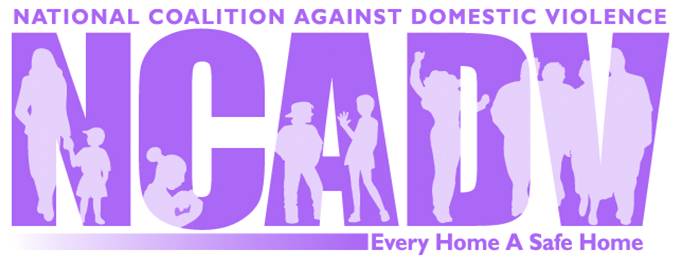‘’Today was the Boston Marathon, a true tradition in the City, run since 1897 on Patriots Day. There were 96 Countries represented with a total of 27,000 participants. The 26th mile-marker had been clearly denoted as a dedication for the 26 Sandy Hook Elementary School Victims from last December. Several parents from the School were running the marathon also. This was supposed to be a joyous day, happy for the City, prestigious for the runners, and meaningful for many. Instead, it turned out to be a bloody war-zone at the finish line when two bombs exploded within 20 seconds apart. Dear God, where are we safe in a land that touts freedom for all?’’
~ Dr. Gayle Joplin Hall
 When the bombs blasted, sending 140 people to hospitals, killing three, and seriously injuring many, people were left running for their lives just like on 9/11/2001. Smoke filled the air and what was short-lived bliss had been replaced with complete chaos.
When the bombs blasted, sending 140 people to hospitals, killing three, and seriously injuring many, people were left running for their lives just like on 9/11/2001. Smoke filled the air and what was short-lived bliss had been replaced with complete chaos.
The scene was an ugly one, according to the reporters and all the photos streaming through the Internet. I didn’t even know about the deadly incident until I sat down with my laptop and turned it on to start writing. Then, the news streamed in through CNN. My heart was sick, so sick in fact that I felt like puking.
Tents that had been set up to hydrate the runners were now becoming Triage Units until the ambulances could arrive. Several people, both runners and bystanders, had missing limbs. The sight was horrific. Hospitals later reported removing pieces of shrapnel and performing amputations.
So, what can us as friends and a community, do to help those who are suffering pain and loss from this or any other tragedy?
The following is a list of the six most helpful things to offer immediately following disaster or traumatization:
- The first thing to do is to comfort your friend, co-worker, neighbor, or family member and let them know you will always be there emotionally for them. This is ultimately the most important thing for the one who has suffered a loss to know.
- Assure the one who has suffered the loss that you will not leave or abandon them physically. You will stick by their side as best as you can.
- Arrange for professional help, either with a Psychiatrist, Psychologist, or Life Coach for ongoing treatment. Group therapy and talks are very helpful in many cases of emotional or psychological trauma.
- Ask the one who needs the help if you can accompany them or drive them to their physician or therapist’s appointments. It is not uncommon for those who suffer Post Traumatic Stress Disorder (PSTD) to decide they no longer need help, when in fact, they do. One way to ensure they receive treatment and help is by driving them.
- Remember that we as humans, all process information differently. This means, we will have our good days and at other times, those in need will have a ‘’bad’’ day for no apparent reason. The tiniest little noise, sound, or smell may set them off. Learn to recognize your friend’s triggers so you can help deal with them.
- Self-care is of the utmost importance. Secondary trauma is very common when one has endured a hardship for an extended period of time with their partner, friend, or loved one. You must learn how to care for yourself and give some tender loving care to your own self so you can be the best you can be for others.
How do we stay soft-hearted through life’s turmoil and endless tragedies? Do we become ‘hard’ around the edges, not caring about our brothers and sisters on the streets, and only think of ourselves? I learned years ago that when we give of ourselves, we only have more and more to give. I remember explaining this concept to my youngest son when he was seven years old. I told him this is like love. The more love you give, the more love you have to give away again.
So, while the idiots or terrorists who want to harm people do their crap for attention-seeking purposes, let us pray, plan, and have a bigger vision that we will see sympathy towards others one day regardless of where they live, what they do, and what socioeconomic status they are.
I believe in love, sympathy, and compassion for all. God bless you.














